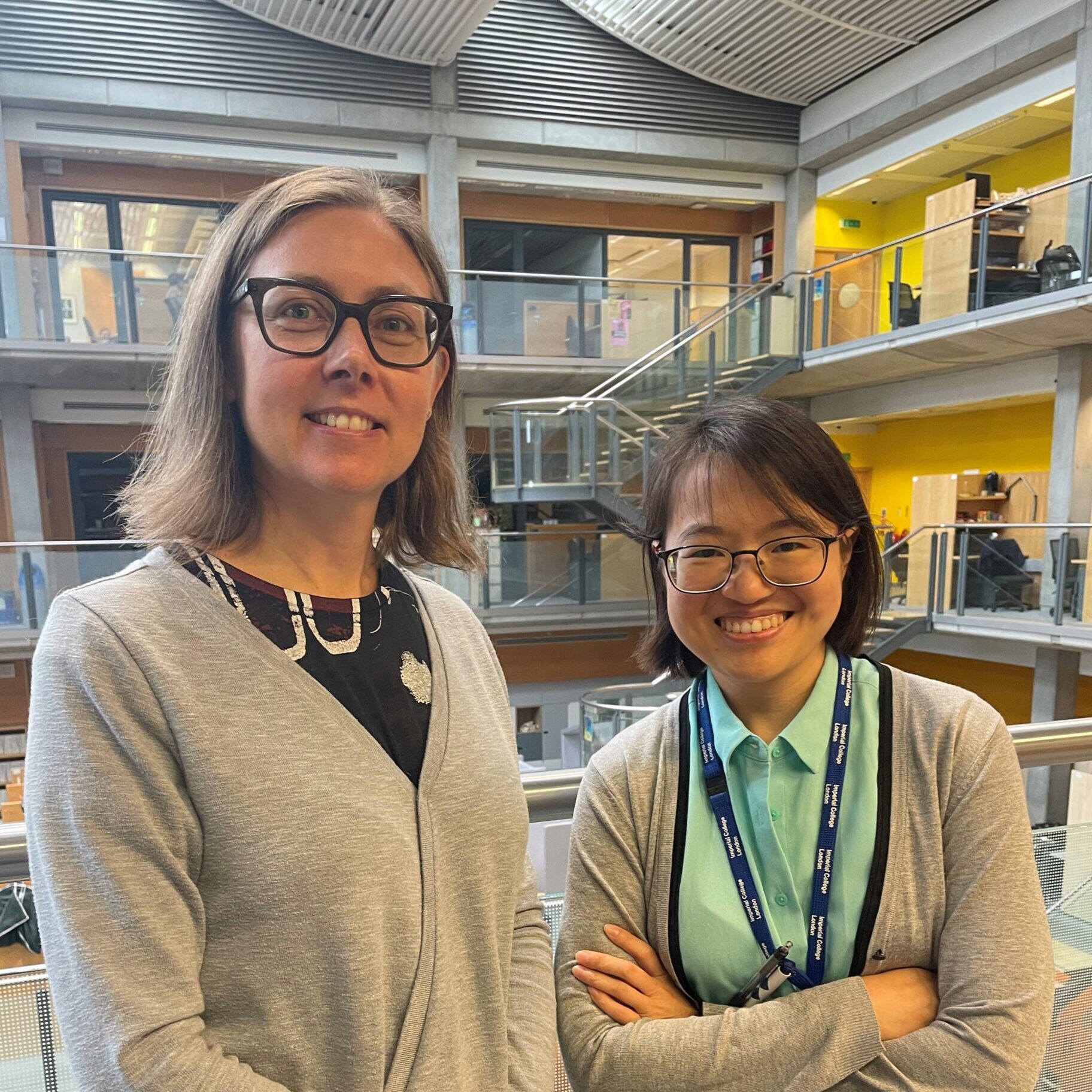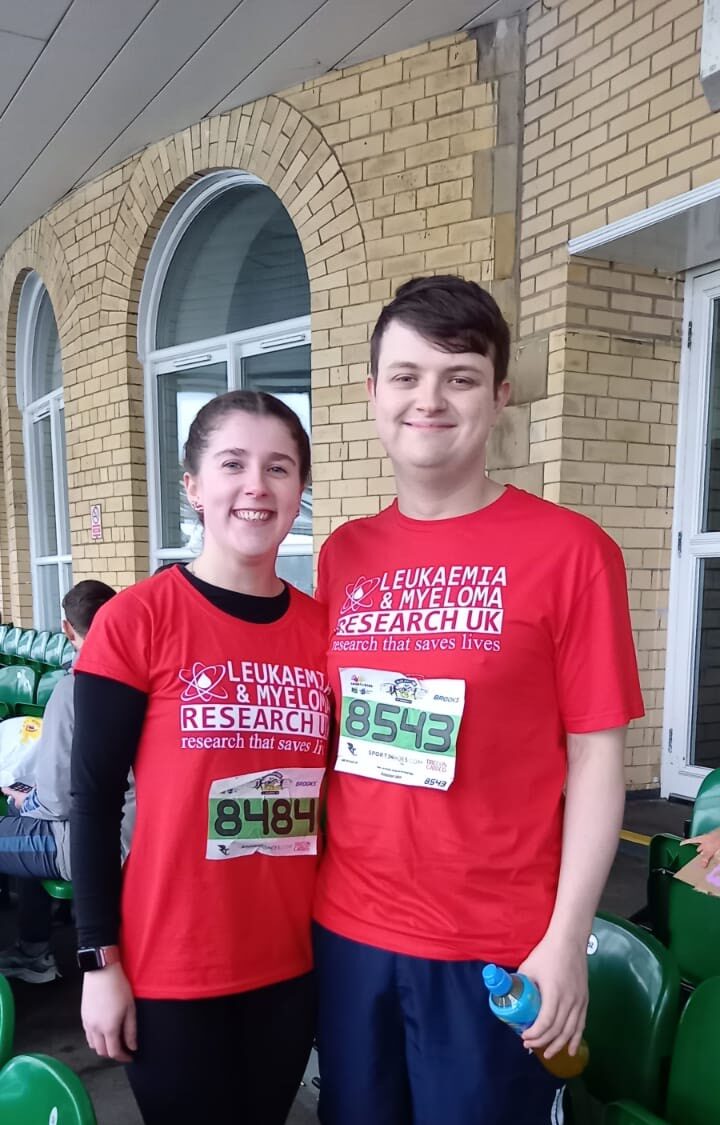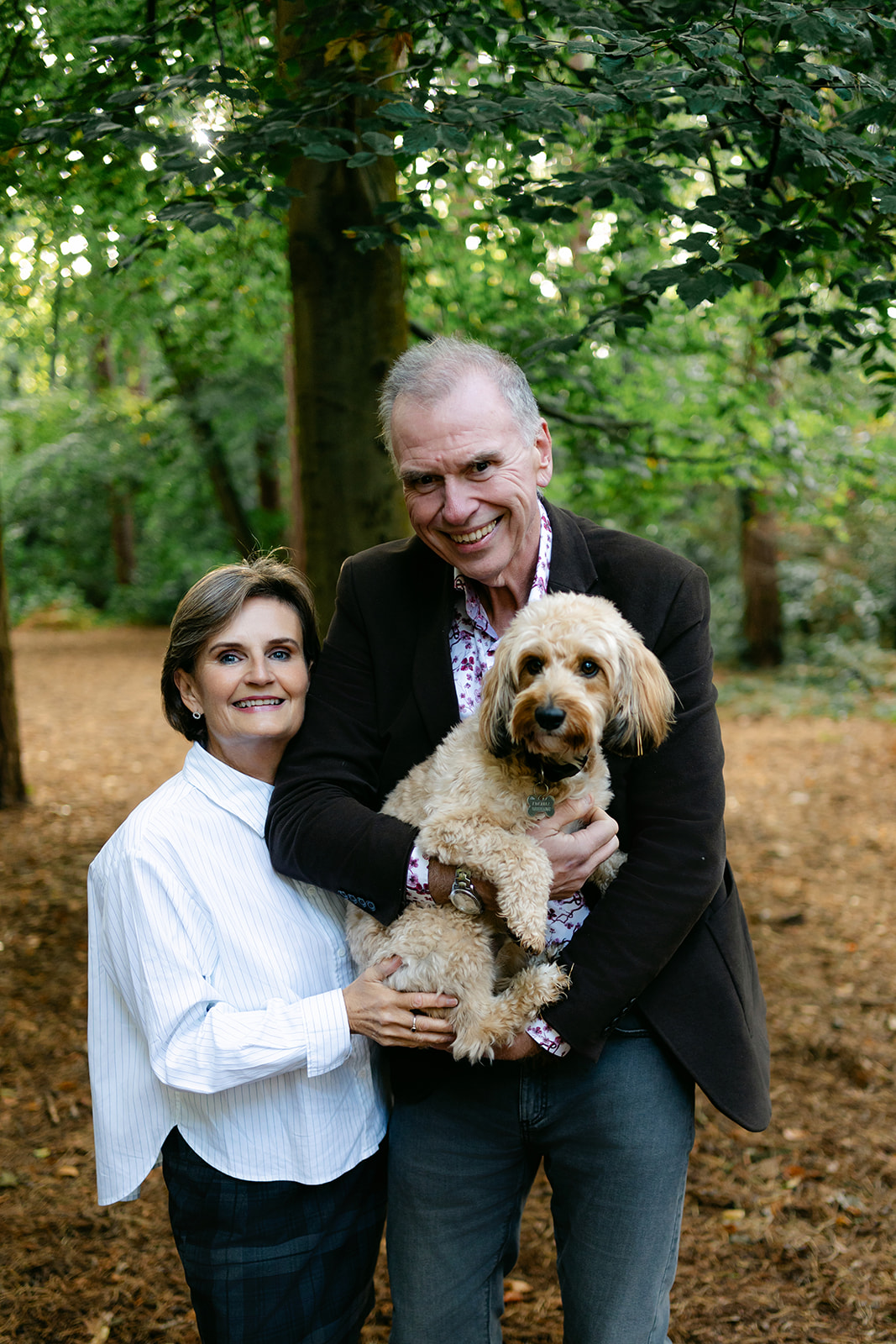
We’ve awarded a £40,000 grant to support research examining why some patients treated with chemotherapy for blood cancers continue to suffer very low blood counts, even after the disease has been successfully treated.
The funding has been awarded ahead of World Cancer Research Day on 24th September to Professor Cristina Lo Celso and her PhD student Dr Germaine Chia of Imperial College London, for a two-year project that aims to improve the efficiency of treatment for blood cancers and reduce its toxicity.
The project is entitled “Regaining control and restoring balance: Understanding bone marrow microenvironment remodelling in Acute Myeloid Leukaemia to aid hematopoietic recovery after chemotherapy.”
Using the most modern techniques, including spatial transcriptomics and advanced microscopic analysis, the research aims to find out what causes some patients with Acute Myeloid Leukaemia to be affected by incomplete blood count recovery after treatment, which studies have shown is associated with poorer survival and even leukaemia relapse.
The team believe that the bone marrow microenvironment plays a key role in blood count recovery after chemotherapy by supporting blood stem cells, and are incredibly grateful to LMRUK for this research grant to enable further investigation of this hypothesis.
The impact of having low blood counts can be devastating for patients, increasing the risk of infection, affecting the ability of the blood to move oxygen around the body and impacting on clotting to stop bleeding.
Dr Chia worked as a Clinical Haematology registrar before joining Professor Lo Celso’s research team and experienced first-hand the suffering of Acute Myeloid Leukaemia patients with low blood counts. “Complications such as severe infections tend to keep patients in hospital for longer and can even be a cause of death,” she said.
The team at Imperial College, which works with clinicians at Hammersmith Hospital, part of the Imperial College Healthcare NHS Trust, found out about our research grant from a colleague and put together an application because of our charity’s focus on stem cell research.
The Research Review Committee who examined the application were impressed by its potential. In their remarks when making the award, they said: “This is a very ambitious application, and the committee were impressed with the approach.
“Although the Committee recognise that this is very ambitious for a two-year timeline, the panel expects that all the objectives will be successfully achieved by the end of the project.”
Dr Chia said they were “super grateful” to have been granted the funding. She also paid tribute to the support from patients and those who have recovered from AML. Patients and their carers who would like to find out more and help in developing the research carried out by the team can get in touch via the link provided on the website: https://cvsbrent.org.uk/2024/07/29/help-prioritize-leukaemia-research-at-imperial/.
Our Operations Director, Dr Joanna Tilley added: “We’re passionate about supporting new research into blood cancer to better understand this disease and how we can fight it to help protect the next generation.
“This is an ambitious project, but we’re delighted to be supporting Professor Cristina and Dr Germaine to help advance their fascinating work.”
All grant applications are reviewed by the charity’s Research Review Committee, which comprises of six specialist scientists appointed by the Board of Trustees.
For more information on our annual Research Grant Scheme, visit: https://lmruk.org/research.








